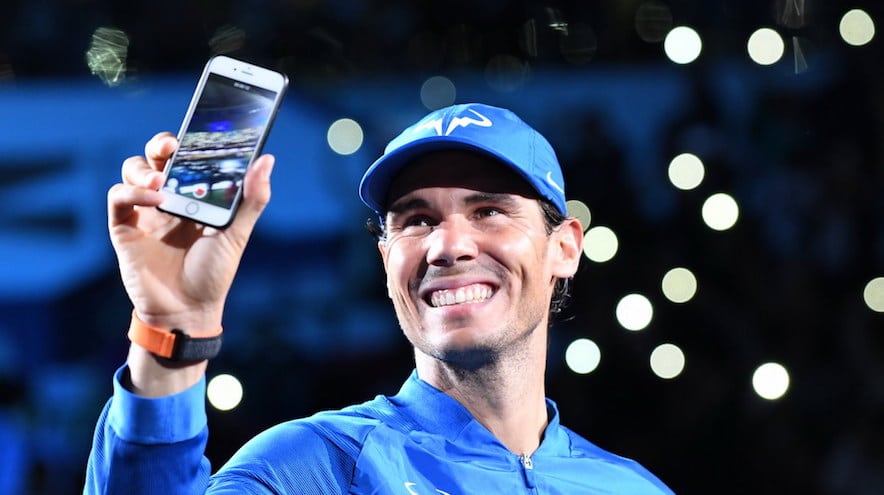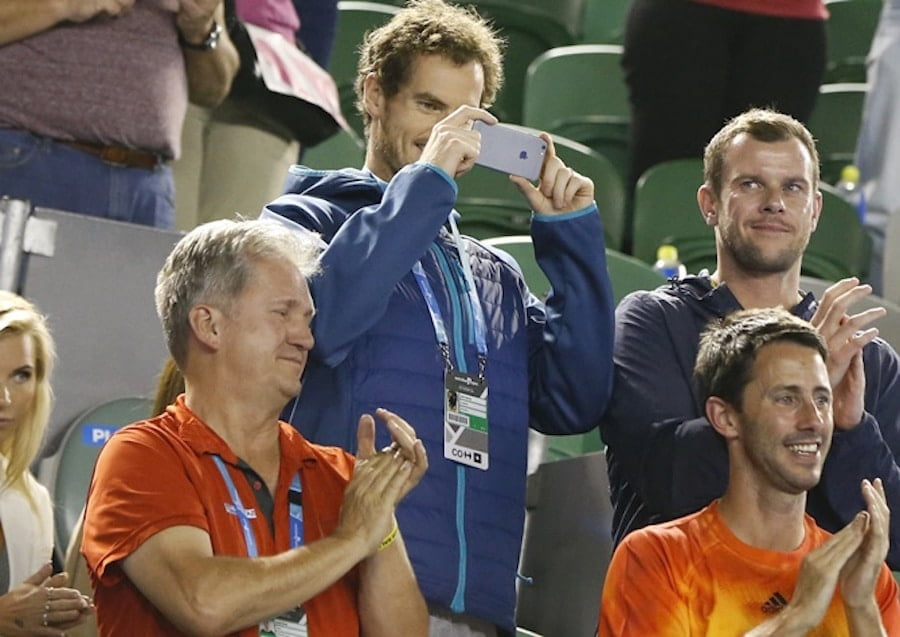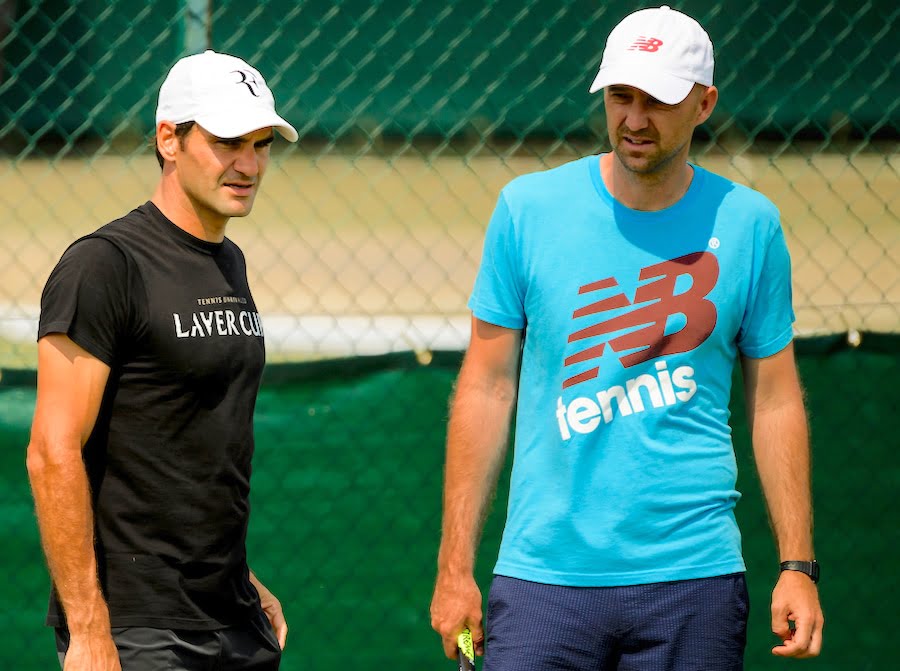
You have one new message: Your phone might be what is holding you back
Modern technology is wonderful but it could be stopping younger players focusing fully on their task, according to expert analyst Dave Sammel
Research studies have shown that constant scrolling and multi-tasking on a phone or a computer can affect your ability to concentrate and engage fully in your work. Cal Newport, a computer science professor at Georgetown University, deals with this in his book, “Deep Work”. He defines “deep work” as “the ability to concentrate without distraction on a demanding task”.
I find that my own memory, focus and sense of time are distorted if I spend too much time on my phone. I do not spend too long on social media, but I can get lost in a news or sports website and afterwards wonder where the last 30 minutes have gone.
There is no question in my mind that checking the phone for messages or emails and getting side-tracked to answer them quickly becomes addictive and can temporarily affect the quality of the work I am doing.
Tim Ferriss, the self-help author, is among those who have identified the amount of time that is lost when you switch from one task to another. When that happens the brain can lose its train of thought and needs several minutes to get back to the previous level of focus that it had on the original task. Sometimes it will just not be possible to recover that level at all.
I’ve observed Roger Federer, Novak Djokovic, Rafa Nadal, Andy Murray and Juan Martin del Potro in the locker room and around the courts. In my view there is no doubt that, to varying degrees, they spend much less time on their phones than many of the younger generation of players. Might there be a link here with the fact that, over five sets, the current champions continue to have an edge?

Are these great players so much better than their younger rivals that they have created a larger gap than their counterparts did in the past? In the men’s game we are still waiting for the day when there is a true changing of the guard, when these younger players stake their claims to be among the very best in the world.
It is clearly true that we are living in an exceptional era, dominated by three of the all-time great players, but has their task been made slightly easier by the lack of fully focused challengers?
My theory is that the ability to focus for longer periods has a bearing on your ability to succeed at the highest level. That is why I think it is taking longer for younger men to become regulars at the top table in Grand Slam tournaments.
Is the quality of mental engagement during training, in the gym and on the court being affected by the energy spent on hours of engaging on phones, scrolling from one app to the next? Is this leading to work with less focus because the work is broken up by the distraction of looking at your phone during rest periods? And might this also prevent the brain from absorbing and reflecting on the work you have been doing when you do take a break from it?
Arnold Schwarzenegger used to say that he did not need to meditate because when he was lifting weights he would be totally immersed in his work. He would imagine his muscle fibres breaking down and rebuilding and would be completely engaged in being precise about everything he was doing, including his breathing. That was his meditation. Total immersion, total focus.
This is what I see more often in the likes of Nadal, Federer and Djokovic than I do in younger players. I’m not the only older coach who suspects that technology, as amazing and wonderful as it is, can also be a problem.

Perhaps we are wrong, but my instinct says we are not. I’m sure that the best younger players are putting in a huge amount of hard work and are trying to focus on it, but the margins are so small that a tiny percentage is enough to make the difference.
Of course this is a generalisation, because I cannot see what all young players are doing in practice. However, around the tour and certainly at my academy there is a growing acceptance that this is just the way it is now: people are constantly on their phones whenever they have the opportunity.
I went off social media for a month and suspended my accounts. Not one person noticed, not even my family. Since then I have used social media sparingly. The next step will be to have more periods in the day when I do not check my phone.
I understand that sponsors and fans need to have engagement. It is up to the players and their agents how this is fulfilled, but if the best in the world are disciplined at it then everyone else can do the same. No players have as big a demand on their time as the top men.
Each generation of athlete is better trained and has the advantages of better technology. Until now this has led to the levels constantly improving. I wonder if, for the first time, the next generation of champions will not actually be pushing their sports forward?

David Sammel is an ATP Tour coach and head of the Bath Academy. He is also the author of the best-selling book, “Locker Room Power”, which is available worldwide in paperback and digitally on Amazon
To read more amazing articles you can explore Tennishead magazine here or you can subscribe for free to our email newsletter here


